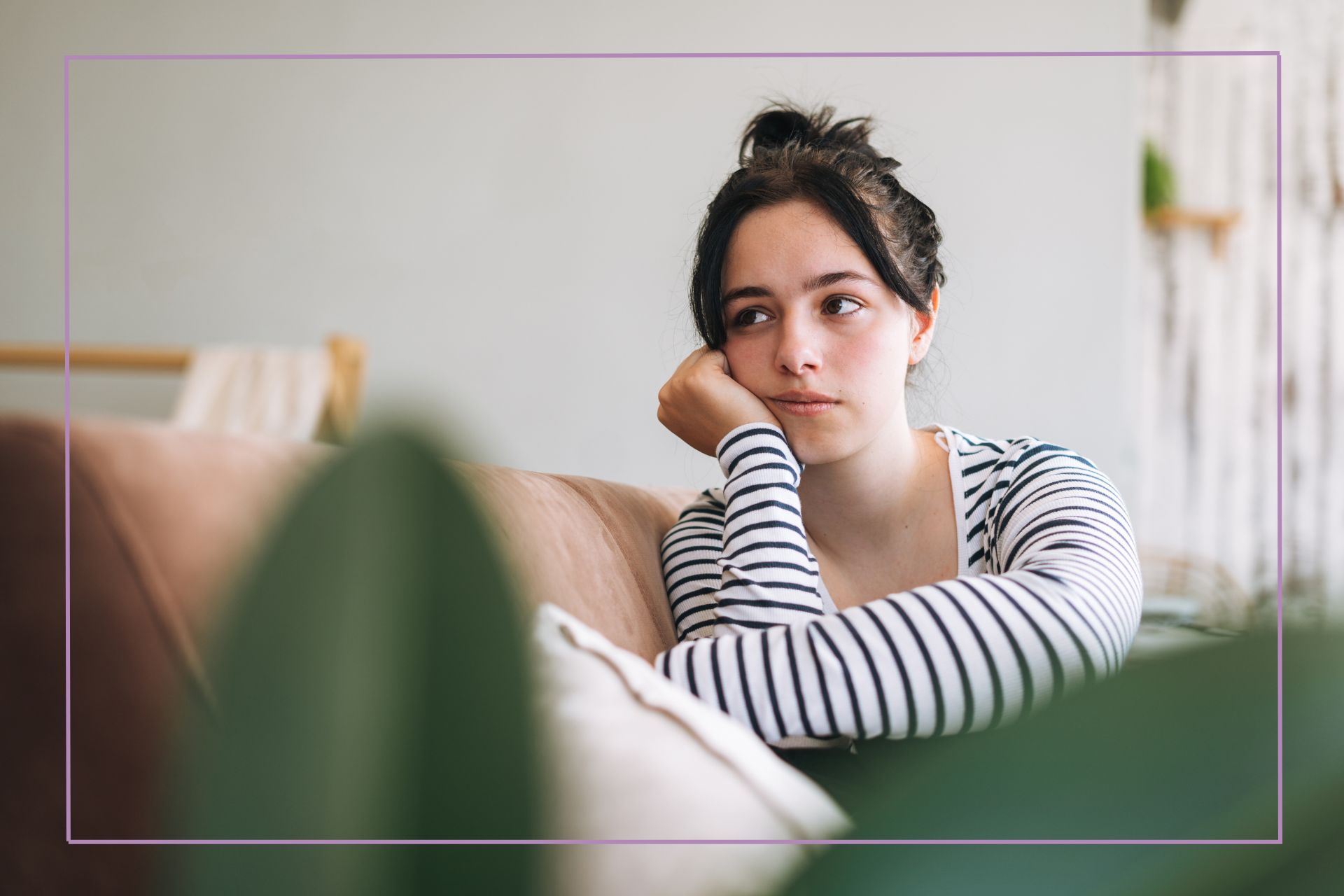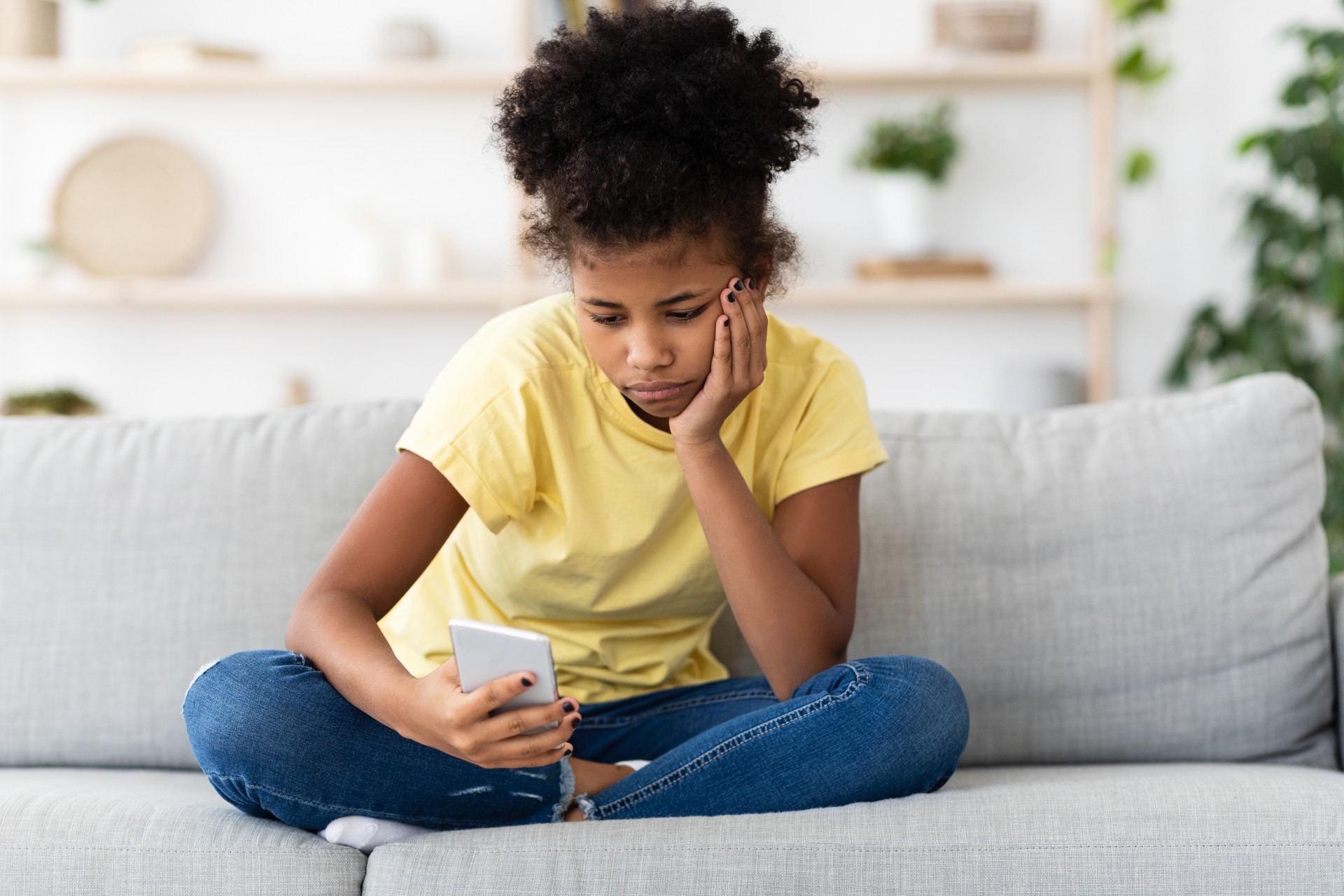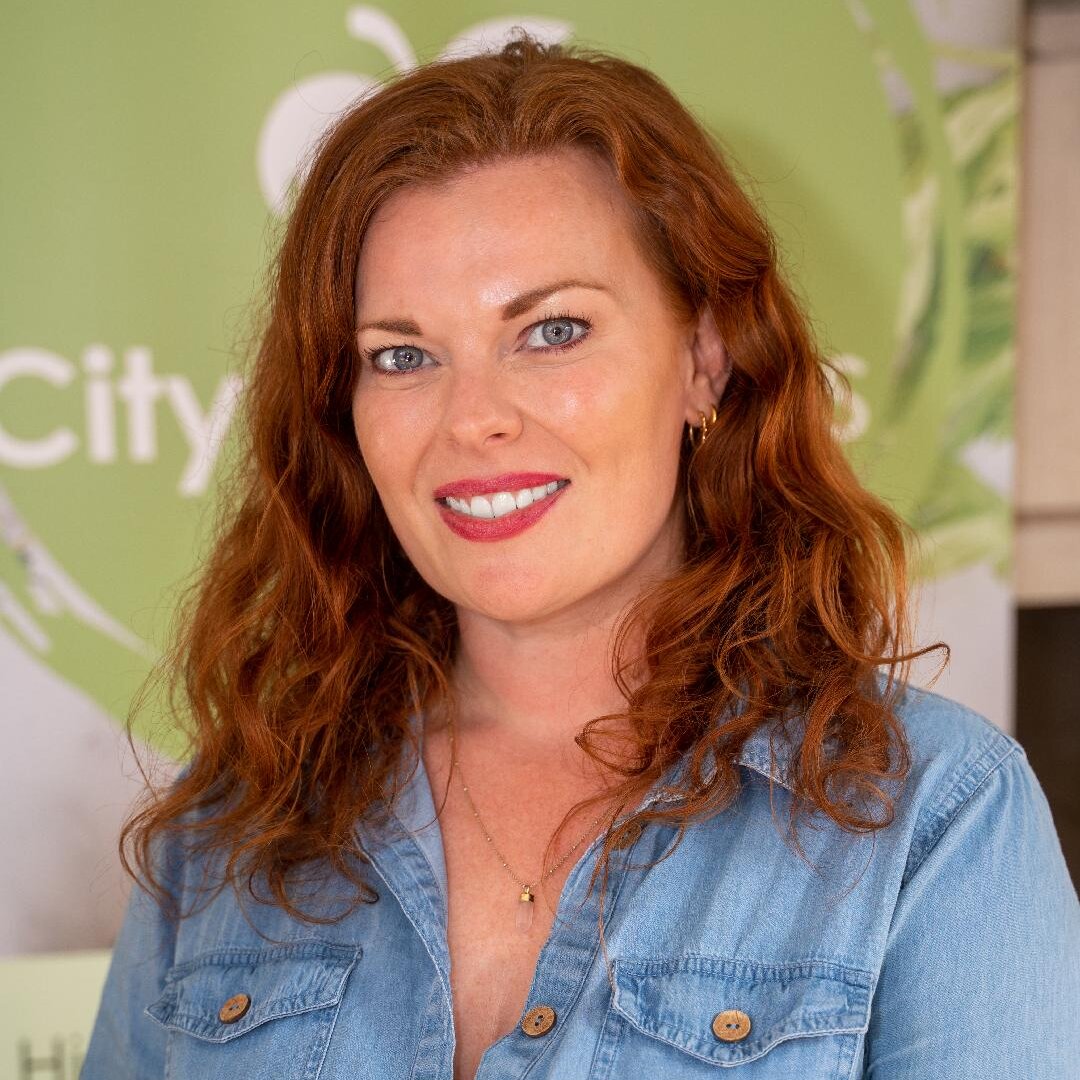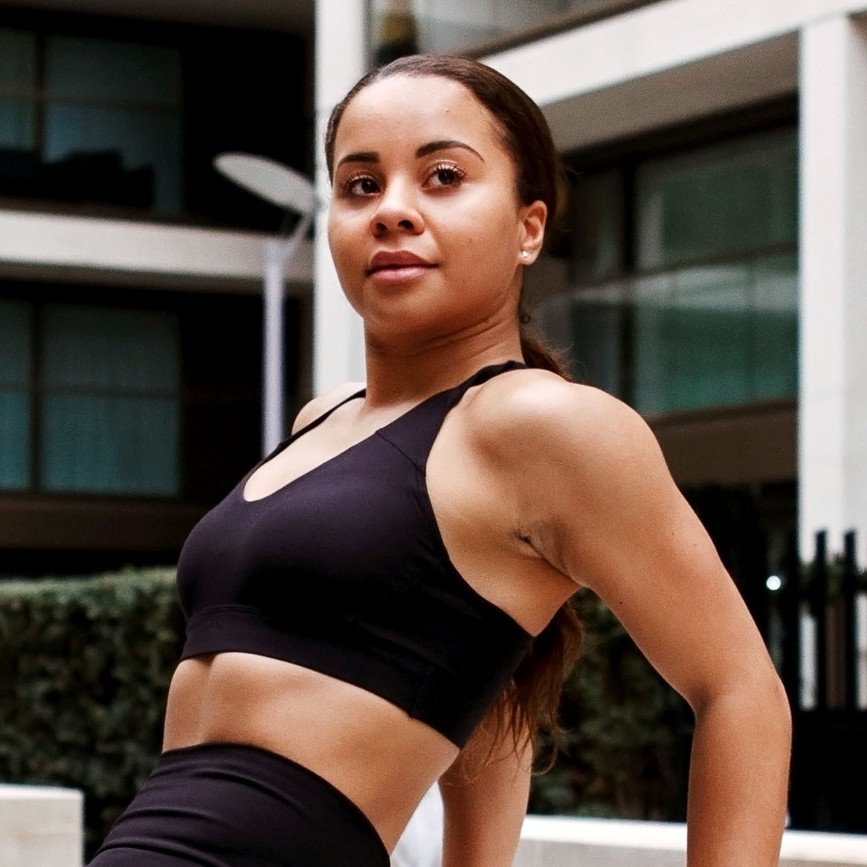Four worrying online 'wellness' challenges to talk to your teenager about (some of these trends will leave you speechless)
Challenges purporting to improve health, fitness and wellbeing are only a click away on teen's smartphones. Arm yourself with the facts to help start a conversation


Parenting advice, hot topics, best buys and family finance tips delivered straight to your inbox.
You are now subscribed
Your newsletter sign-up was successful
Parents are increasingly worried about the negative effects of social media use on their children, with content offering dubious health and fitness advice a common concern. But often, simply knowing what you’re dealing can be half the battle…
Each of the child development stages can be tricky to navigate, but there’s no doubt that the teenage years bring with them a unique set of challenges. From shifts in hormone levels and the pressures of exams to the age-old question of how much sleep teenagers need, these challenges can prove testing for teens and parents alike. Many parents even find themselves considering taking so-called ‘teen-ternity’ – time off work during their children’s teenage years – to allow time and space to meet their teenager's needs.
And of course, today’s parents also have the issue of technology and social media to contend with. In a recent national report in the US, 52% parents said they were extremely or very concerned about the impact of social media on children’s mental health. Despite these concerns, the popularity of platforms such as YouTube and TikTok shows no signs of abating with teenagers. A 2023 survey of 1,453 US teens reported that 93% of those aged 13-17 regularly used YouTube, with TikTok, Snapchat and Instagram not far behind (63%, 60% and 59% respectively).
Whilst such video-sharing apps can be great for providing a quick laugh, discovering new things and keeping tabs on friends, organisations such as the NSPCC point out teens also run the risk of seeing upsetting or inappropriate content whilst using the app.

A prominent area of concern for parents is often the wealth of health and fitness content. Over four million posts on TikTok are tagged with the #fittok hashtag, amassing more than 66 billion views. And in between the likes of Formula 1 drivers revealing details of their daily workouts and Joe ‘The Body Coach’ Wicks sharing how to cook a kimchi fried rice recipe, plenty of posts can be found offering dubious advice that isn’t supported by – or even contradicts – professional guidelines and government advice.
So how can parents help teens safely navigate social media and avoid the temptation to try potentially harmful health and fitness trends?
The social media platforms’ own safety tools are an obvious place to start. YouTube, TikTok, Snapchat and Instagram all offer dedicated parental control features designed to protect children’s safety and give parents peace of mind. Beyond these tools, knowledge is power and open communication is key.
Parenting advice, hot topics, best buys and family finance tips delivered straight to your inbox.
With that in mind, we consulted experts on four highly popular TikTok ‘wellbeing’ challenges (as compiled by Live Football Tickets) to separate the hype from the truth – and help you start conversations with your teenage children about the risks these posts can pose.
Four popular 'wellbeing' challenges on social media
1. 75 Hard Challenge
This “mental toughness” challenge involves following a rigid set of rules for 75 days straight, incorporating diet, exercise and mental stimulation. One video outlining the challenge in detail on TikTok has over 4.4 million views.
The rules include:
- Choosing a diet to follow and stick to it. No alcohol or “cheat meals’ are permitted;
- Completing two 45-minute workouts every day. One of these workouts must be done outside;
- Drinking one gallon (3.8 litres) of water a day;
- Taking a progress picture every day;
- Reading 10 pages of a non-fiction book. Audiobooks do not count.
Failure to follow these rules at any point during the challenge requires participants to start at all over again at day one.
The expert take - Leading personal trainer Aimee Victoria Long has tried the trend herself, and says that for most people it is an unrealistic goal – especially for those who might be starting from a place of relatively inexperience or inactivity.
Whilst she says the basic principles of moving your body, eating a balanced diet, hydrating and educating yourself can all have a positive impact on wellbeing, she says that "the sheer volume of things you have to do to complete the challenge can cause damage."
Meanwhile, dietitian Sophie Medlin says, "75 hard is a very worrying trend." She lists body image issues, disordered eating, excessive exercise and potential electrolyte depletion as possible impacts of trying it.
"Our eating behaviours and relationship with our body are particularly delicate around adolescence, and I would be very worried about any teenagers or young people following this challenge."
Whilst she agrees with Long that it encourage some healthy behaviours such as going outside more and reading, she says the inflexibility around eating is a major red flag.
"Strictly following diets with no flexibility is bad for us mentally and socially," she shares, adding that "no cheat meals" reinforces the idea of rigidity in dieting.
"Taking progress pictures daily encourages body checking, which is a problem associated with disordered eating and body image issues," she adds.
2. The 30-Day Gallon Water Challenge
As the name suggests, the goal of this challenge is to drink one gallon (3.78 litres) of water every day for 30 days.
TikTok does block video results when searching the term "30 day gallon water challenge" on the app, displaying a message that reads, "If you or someone you know is having a hard time, help is always available", along with a link to its own resources that clicks through to a page on eating disorders.
However, we found this can be bypassed by changing the search term – entering "30 day gallon water", for example, quickly loaded lots of results.
In one that has amassed over sixty-thousand views, TikTok user Gabe Souza suggests that the benefits he's seen from completing the challenge include more energy, boosted gym performance and better skin – before going on to plug the super-sized water bottle he is seen drinking from.
The expert take - Whilst the challenge is significantly shorter than the 75 Hard challenge, which also encourages drinking a gallon of water a day, the risks of are no less worrying.
"Forcing yourself to drink high quantities of water can lead to serious health consequences including seizures and even death," Medlin tells us.
"Although one gallon a day is unlikely to cause death, it will certainly cause problems with electrolyte disturbance, particularly in those with a low body weight.
"The biggest risk is electrolyte depletion and a condition called hyponatraemia (low salt in the blood), which can be fatal and causes nausea, confusion and headaches in the early phases."
3. Fasting challenges
Most viral fasting challenges focus on intermittent fasting, the act of restricting or avoiding food intake during certain hours of the day (such as the 16:8 Diet) or certain days of the week (such as the 5:2 Diet).
However, some videos promote more extreme approaches to fasting, encouraging abstaining from food entirely for extended periods of time.
One “top liked” post we found by searching “fasting challenge” on TikTok has has over 1.5 million views. The post sees the creator talk of a friend who “recently completed 21 days of no food, only water – not a single piece of food”, adding: “She’s alive, she’s well.”
The creator goes on to say she recently completed a six-day fast of her own, in which she consumed only “fruits in solid form and water”. She admits that the fast prompted headaches, grumpiness and peeing more often. She finishes by encouraging viewers to “do some kind of fast”.
Of course, fasting is also a feature of many people's religion. For example, Muslims practise fasting during the holy month of Ramadan, which the creator mentions in the post. However, the act of fasting during Ramadan only calls for abstinence from food and drink from dawn until dusk. After sundown, meals and snacks are permitted, and hydration is encouraged.
The expert take - "I don’t recommend fasting beyond time-restricted eating, which involves eating within a flexible eight-hour fasting window," Medlin says.
"This is partly because we have no evidence that fasting for longer has any benefits, but also because it can encourage eating disorders and restrictive eating.
"It’s important that we respond to our body’s hunger cues which sometimes present as irritability and obsessing about food. The fact that she reports urinating a lot [in the video above] is a sign that she was very depleted in essential electrolytes, which can cause nausea, dizziness and even seizures and death."
She adds that the impacts of fasting can effect young people more significantly.
"Children and adolescents need more energy to support growth than adults, and taking part in a fast like this could stunt growth and development."
4. Apple cider vinegar for weight loss
Posts about apple cider vinegar are plentiful on TikTok, often promoting its ingestion as a means of weight loss, fat reduction, and reducing appetite.
One “top liked” video that surfaces after searching the app for “apple cider vinegar for weight loss” sees the creator mixing apple cider vinegar with purified water, lemon and ginger juice, turmeric and cayenne pepper.
In the video, the creator claims to have lost over 16 pounds (1.1 stones) in three weeks, and links this weight loss to taking an apple cider vinegar shot every day.
The expert take - Whilst there is very limited evidence that apple cider vinegar may slow digestion slightly, the risks massively outweigh any benefits according to Medlin.
"I actively discourage my patients from using apple cider vinegar outside of salad dressing and meals, as we know it can seriously damage tooth enamel and cause burns to the throat and stomach," she advises.
"Parents should actively discourage their children from partaking in any weight loss trends, including this one," she adds. "They’re setting themselves up for tooth decay, problems with swallowing and disordered eating behaviours. "

Sophie Medlin is a consultant dietitian and director of CityDietitians. She is also the Chair for the British Dietetic Association for London. She is known for promoting evidence based nutrition and fighting social media fads. Sophie has been a dietitian for 17 years, she worked in the NHS before moving to academia where she was a lecturer at King’s College London.

Aimee is a leading personal trainer, whose client list features A-list celebrities and members of the Royal Family. She draws on a mix of disciplines, from Pilates to strength training, to help her clients achieve their desired results.
Trying to keep up with your teen's life is hard, which is why we work with experts to share helpful tips for you, try our 15 'life-saving' questions to ask your child if they’re online gaming to 4 tips to stop kids from doom-scrolling. Plus, what you need to know about cyberbullying, including the sites and apps all parents need to be aware of.

Stephanie is former Acting Editor and Content Director at GoodToKnow. She is also mum to son Woody (don't worry, they don't share a surname!), who was born in November 2021. As a journalist, Stephanie has over 17 years' of experience, and has worked as a digital editor and writer for brands including Stylist, Fit&Well, MSN and Woman&Home.